Education Programs
Education Programs Overview
Despite government efforts, the overall education available is generally worse for rural communities, especially among the Maasai living in rural districts in Arusha and Manyara Regions. It is the aim of these programs to improve the opportunity for an education to Maasai communities especially girls. Most girls who are enrolled in primary schools do not complete seven years of primary education due to the existence of cultural values that restrict them from attaining an education. Girls are more likely to drop out at the transition from primary to secondary school when many are forced into marriage. Contributing to this is the limited number of secondary schools in the Maasai communities. The illiteracy rate in Maasai community is almost 90%, which is among the highest in the nation with less than 5% of Maasai students enrolled in secondary schools.
Girls Education Project
In pastoralist Maasai communities of the Monduli, Ngorongoro and Longido districts, illiteracy rates are very low and women are the worst affected. School attendance rates also are very low compared to the national average . Girls are more likely to drop out at the transition from primary to secondary school when many are forced into marriage.
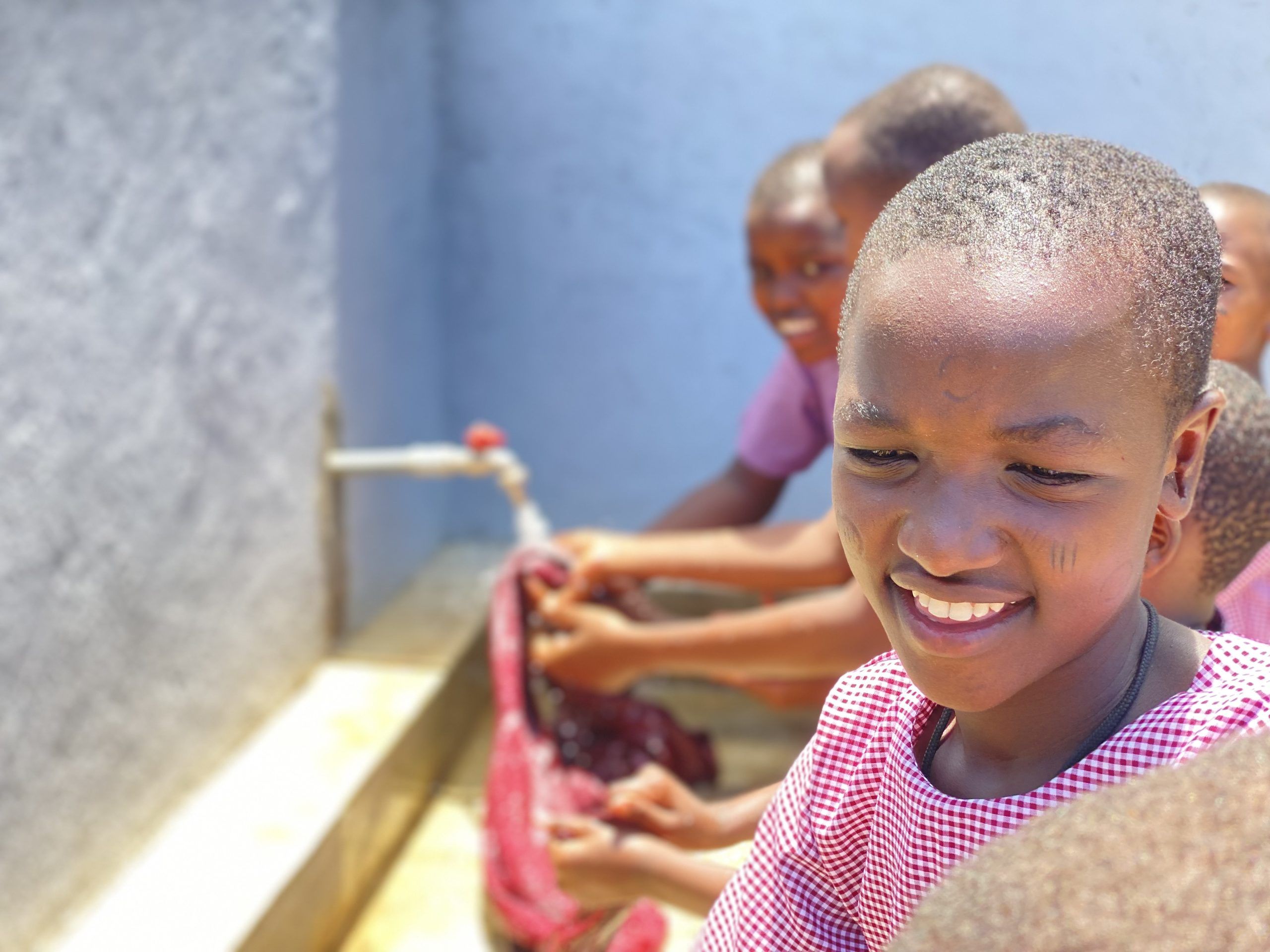
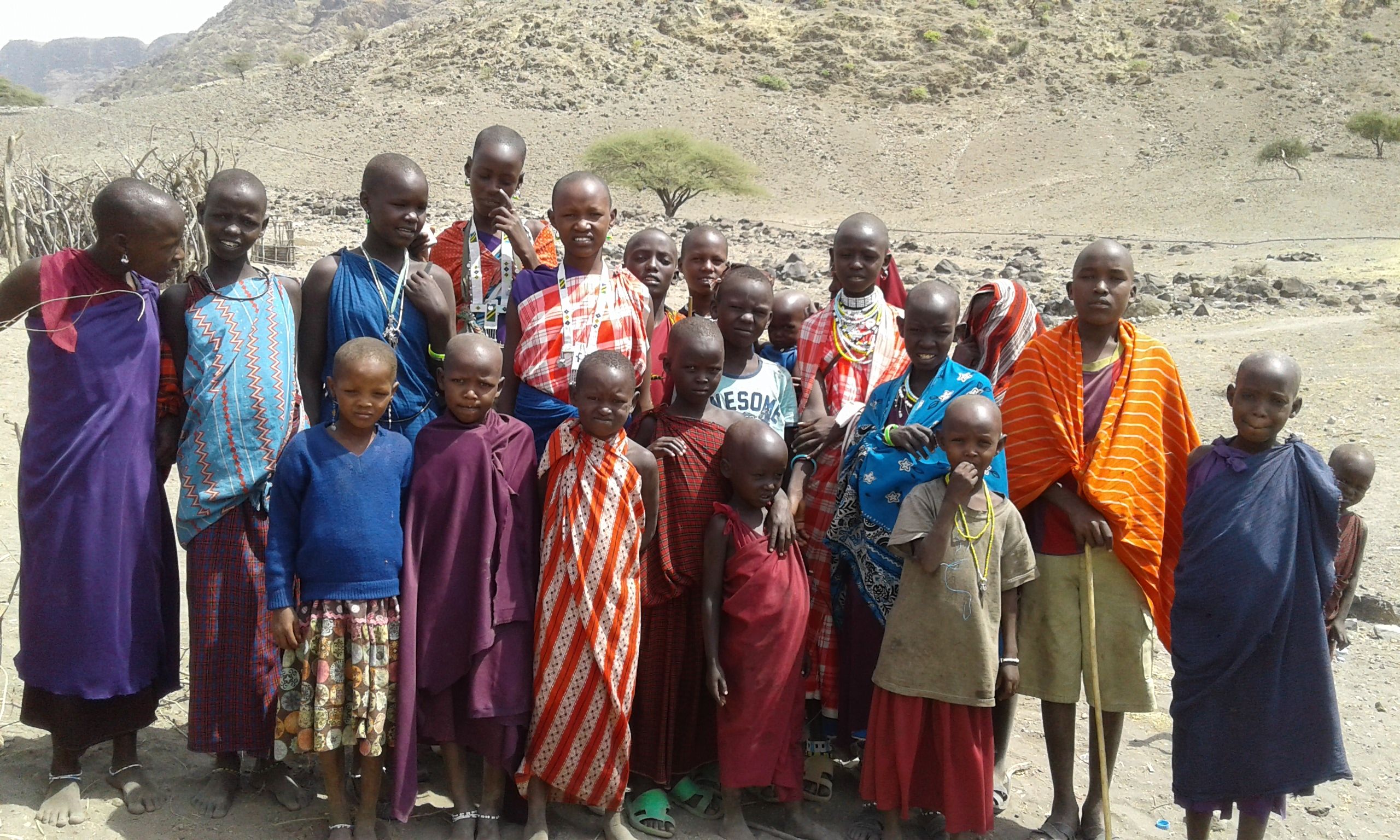
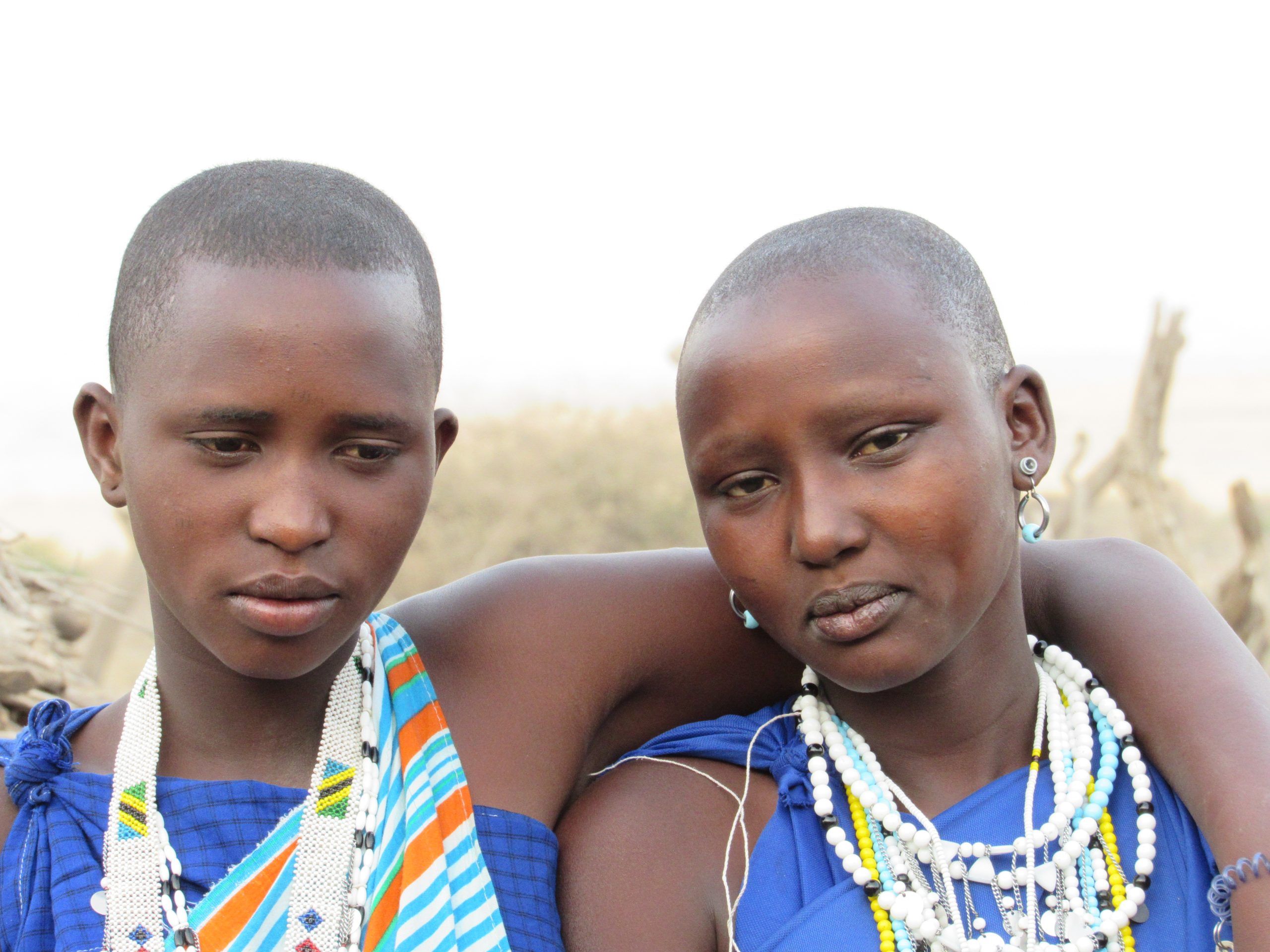
Since the inception of ENCO a number of girls and boys from the pastoralist communities has been supported to attend secondary schools, colleges and Universities because their parents could not support their education expenses. The organization helped them with tuition fees, accommodation costs, food, transport and learning materials. A total of twenty-four young men and ladies were supported and most of the are not employed in various sectors. Three of them are working in various ENCO’s projects.
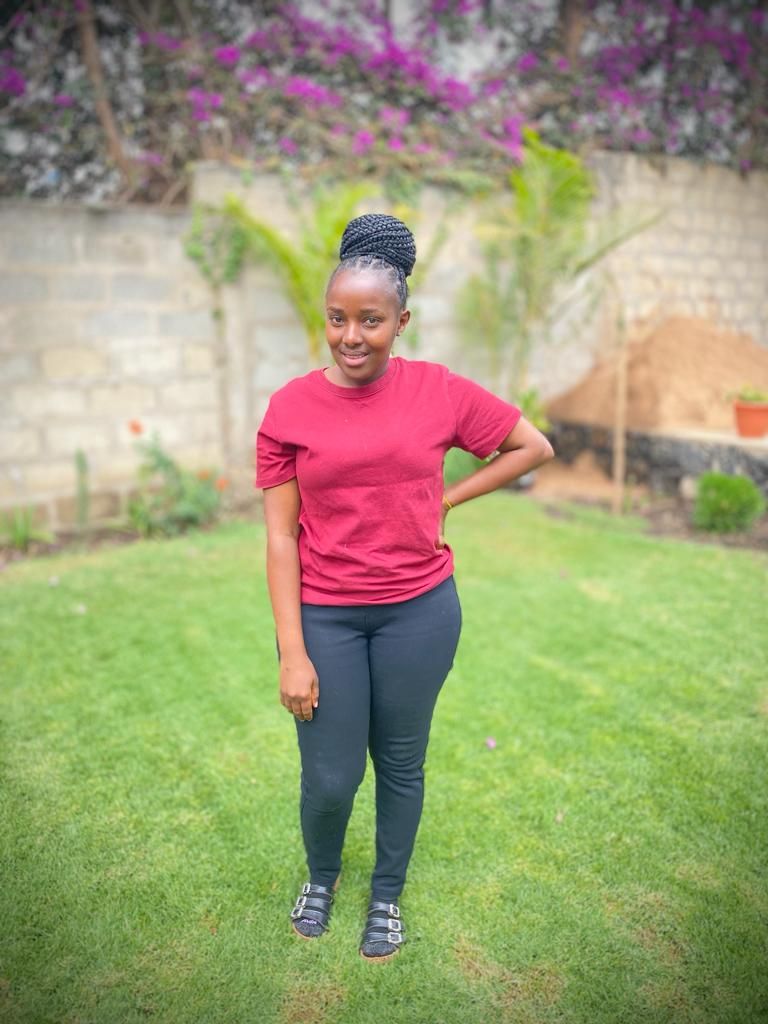
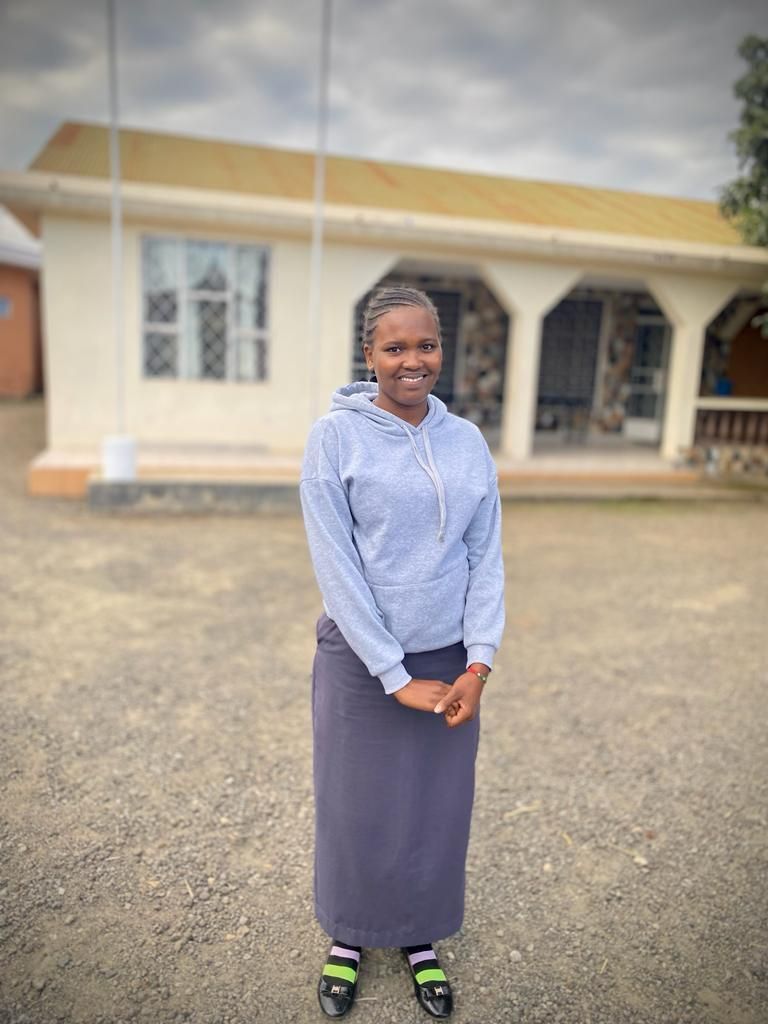
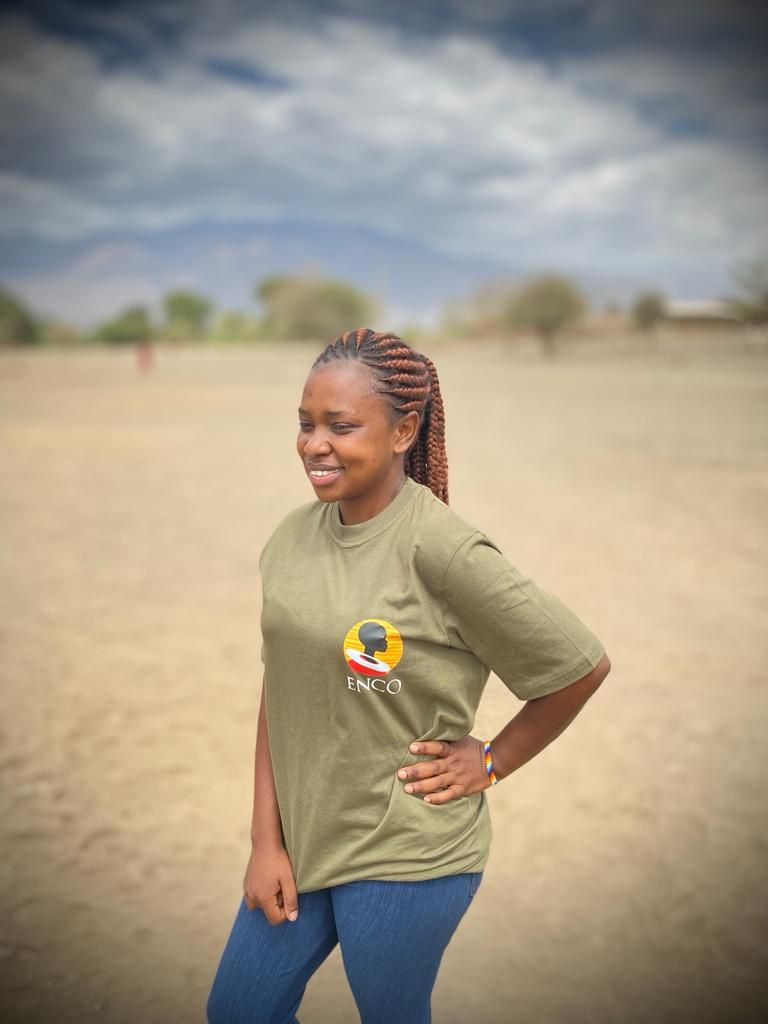
Engaruka English Medium Primary (EEMP) School Project
The EEMP school provides quality English-based education to pastoralist Maasai children and prepares them for the national secondary school entrance exams. The school and its approach are unique in that it provides an English language-based primary school education to Maasai youth. The EEMP school also serves as a safe home for vulnerable girls who for different reasons are denied their rights for education in exchange for dowry and child labor.
Listed is the EEMP School construction & site development history.
2016
Engaruka Community Initiative Organization (ENCO) was founded by Martha Olemisiko in 2014 within
Engaruka region in Tanzania. In July 2016, ENCO started lobbying two government villages to provide land for new school construction. For eight months neither of the villages were able to approve any land for the school but only lots of bureaucracy and a long process from authorities.
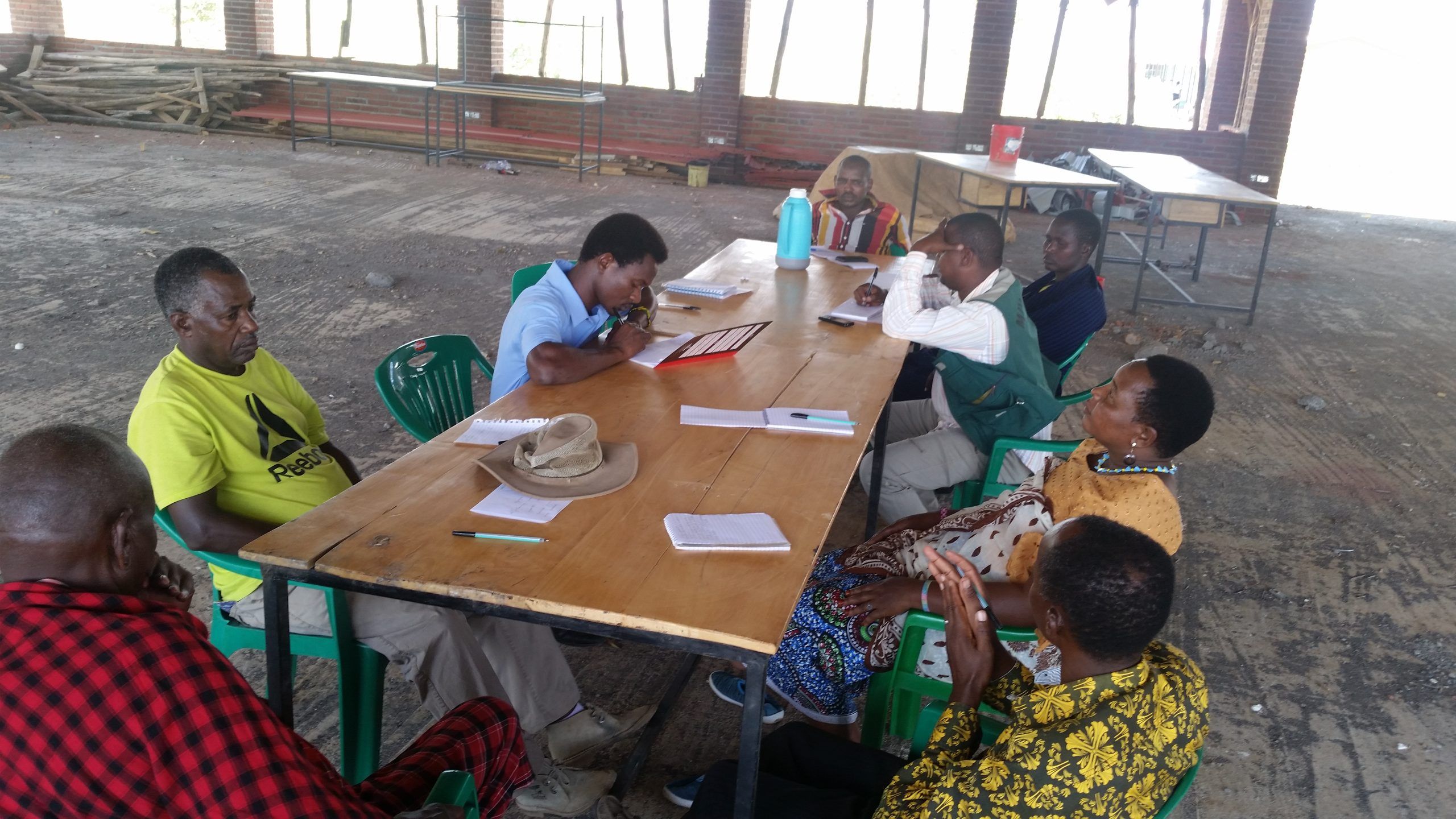
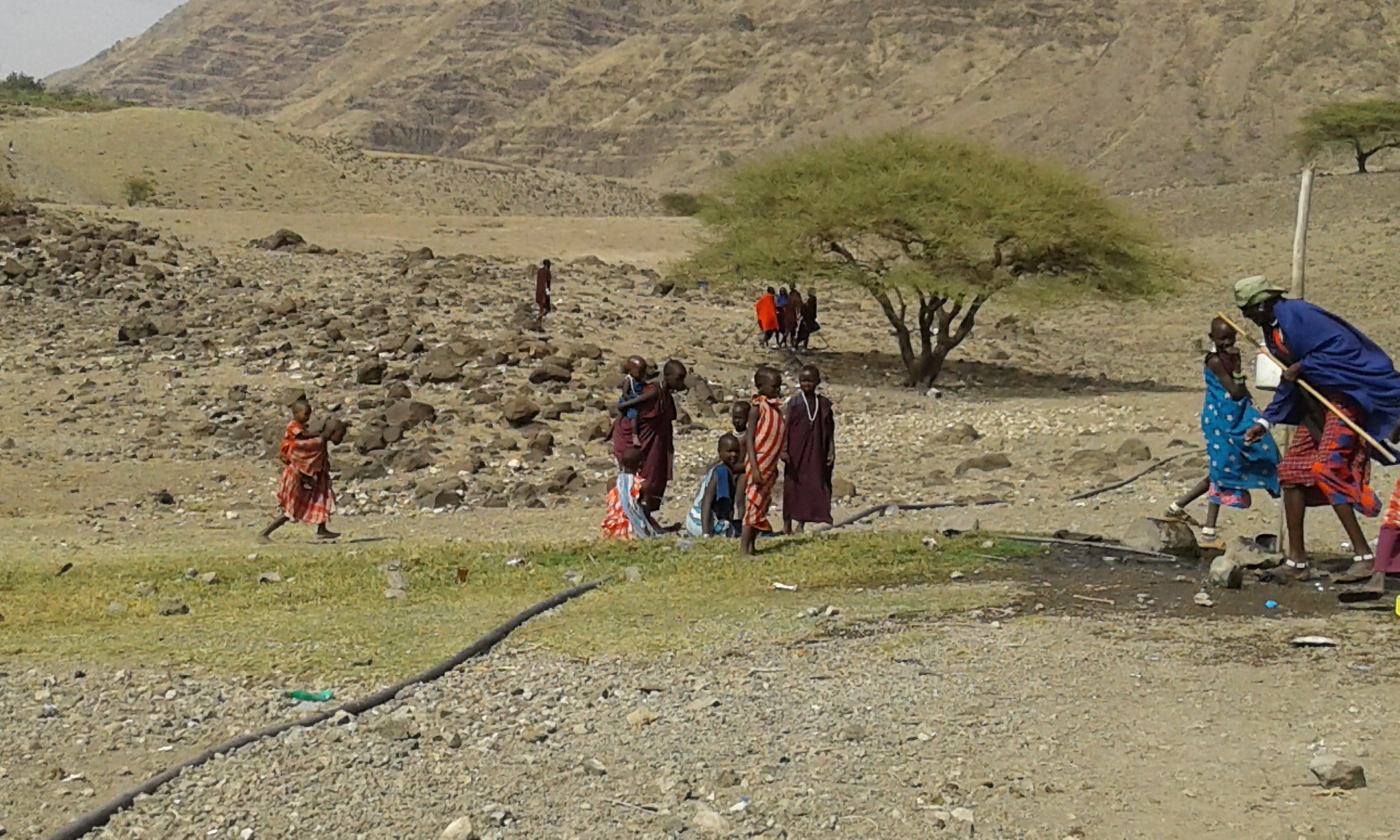
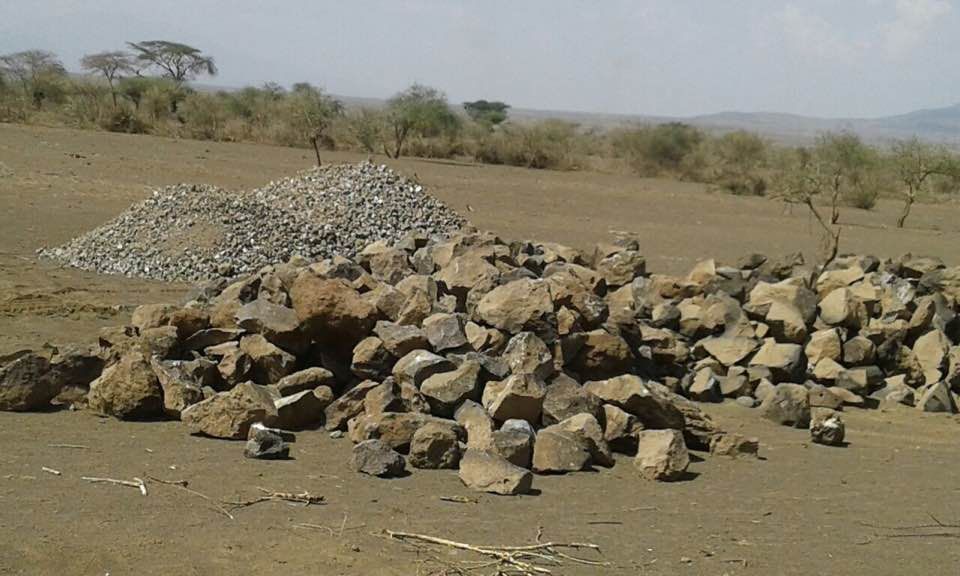
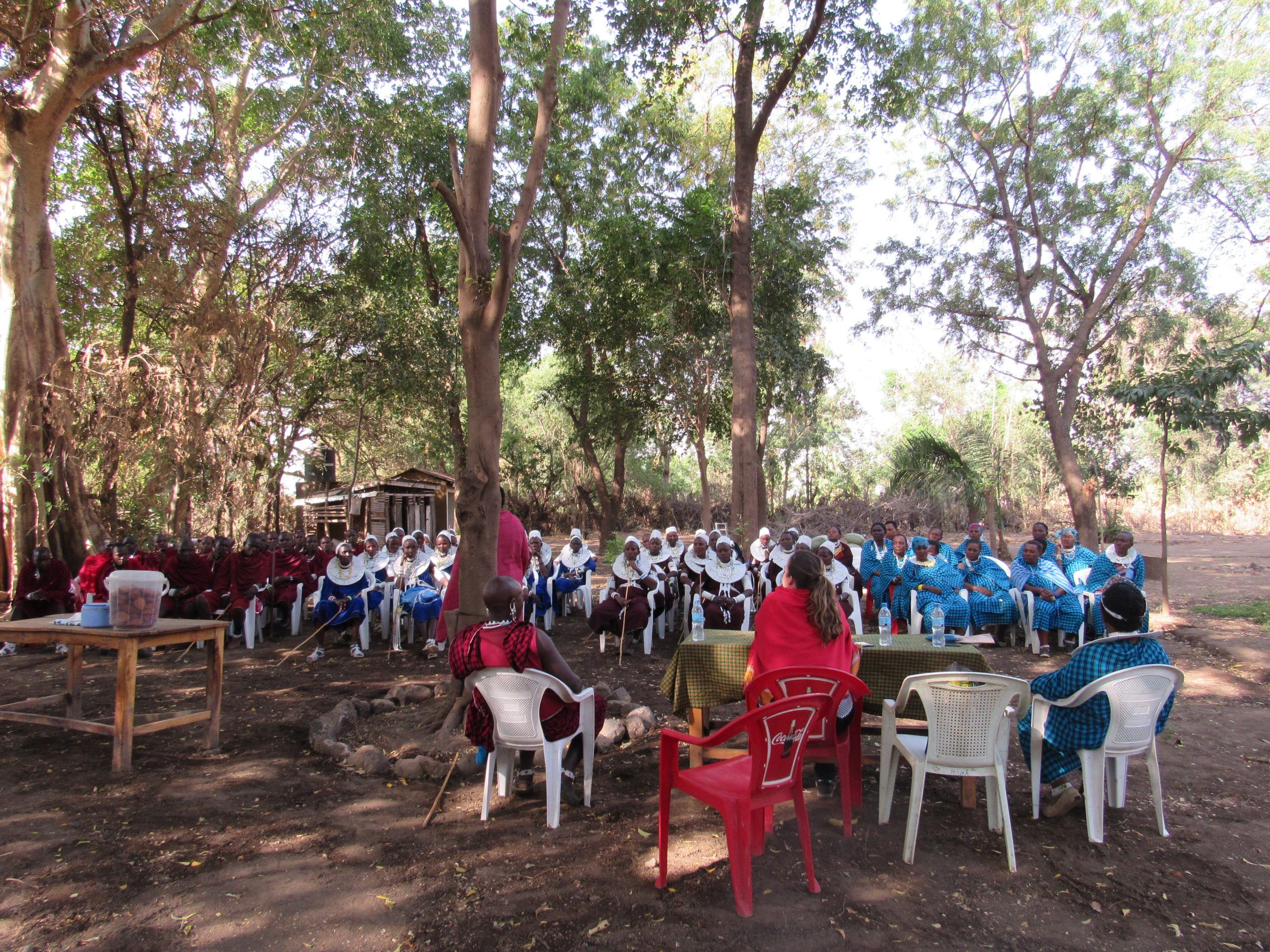
2017
ENCO and the Olemisiko family couldn’t bear the cost of losing our first potential school donor, The TX Foundation (Tsu Xing meaning “kindness walking”) due to the lack of governmental support.
Hence, the Olemisiko family decided to donate 34.7 acres of land to start the construction of the school in April 2017. A land survey was completed to allow for other legal procedures for approving the construction for the school from the District Engineer. ENCO women’s groups, neighboring families, and especially local women, secured a short-term income generating activity by collecting rocks, gravel and sand for the classroom construction.
In May 2017, construction began on the Phase I classroom building. It consisted of a single building with two classrooms, three offices (where teachers lived), restrooms & showers and a temporary kitchen/dining shed made from corrugated metal. Phase I was largely funded by a generous grant from the TX foundation of Taiwan. The school ground breaking ceremony was attended by hundreds of community members, TX foundation president Mr. Jaffe Hsieh, and his wife Ms. Liza Lin (The founder) and Ms Adenike Adeyanju, the TX Regional Coordinator. Local dignitaries and officials as well as community members, different media companies including our famous TV broadcasting (ITV), along with registered students. The Phase I classroom building was constructed in four months.
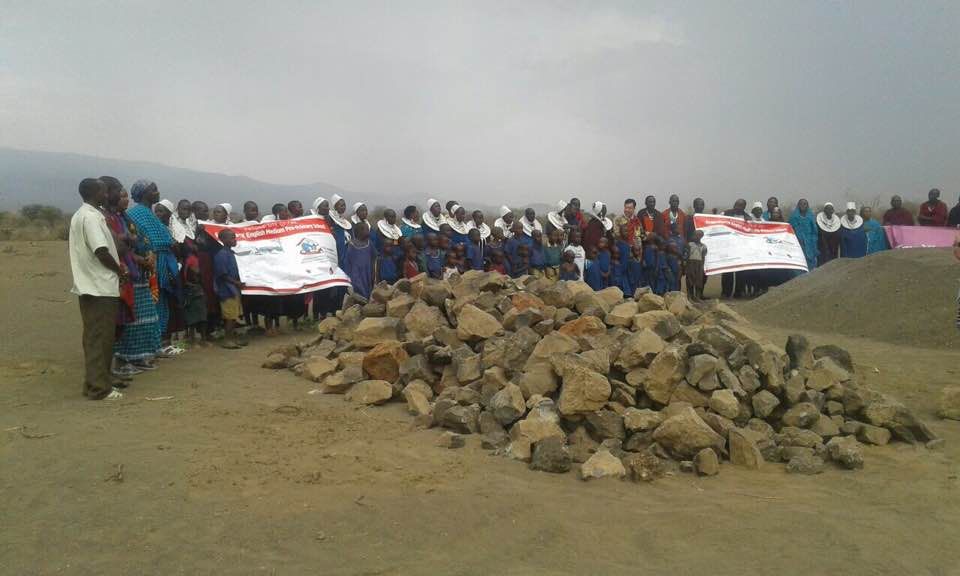
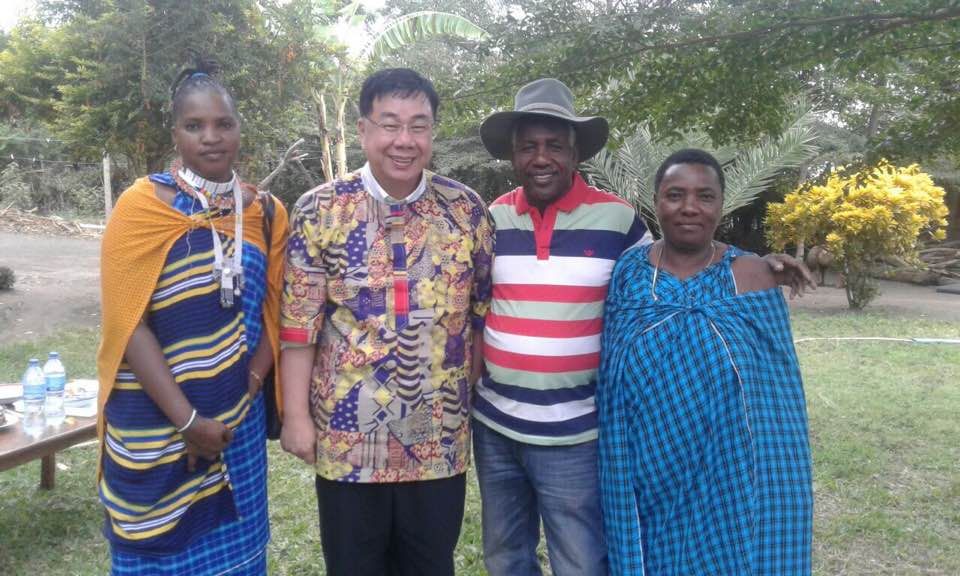
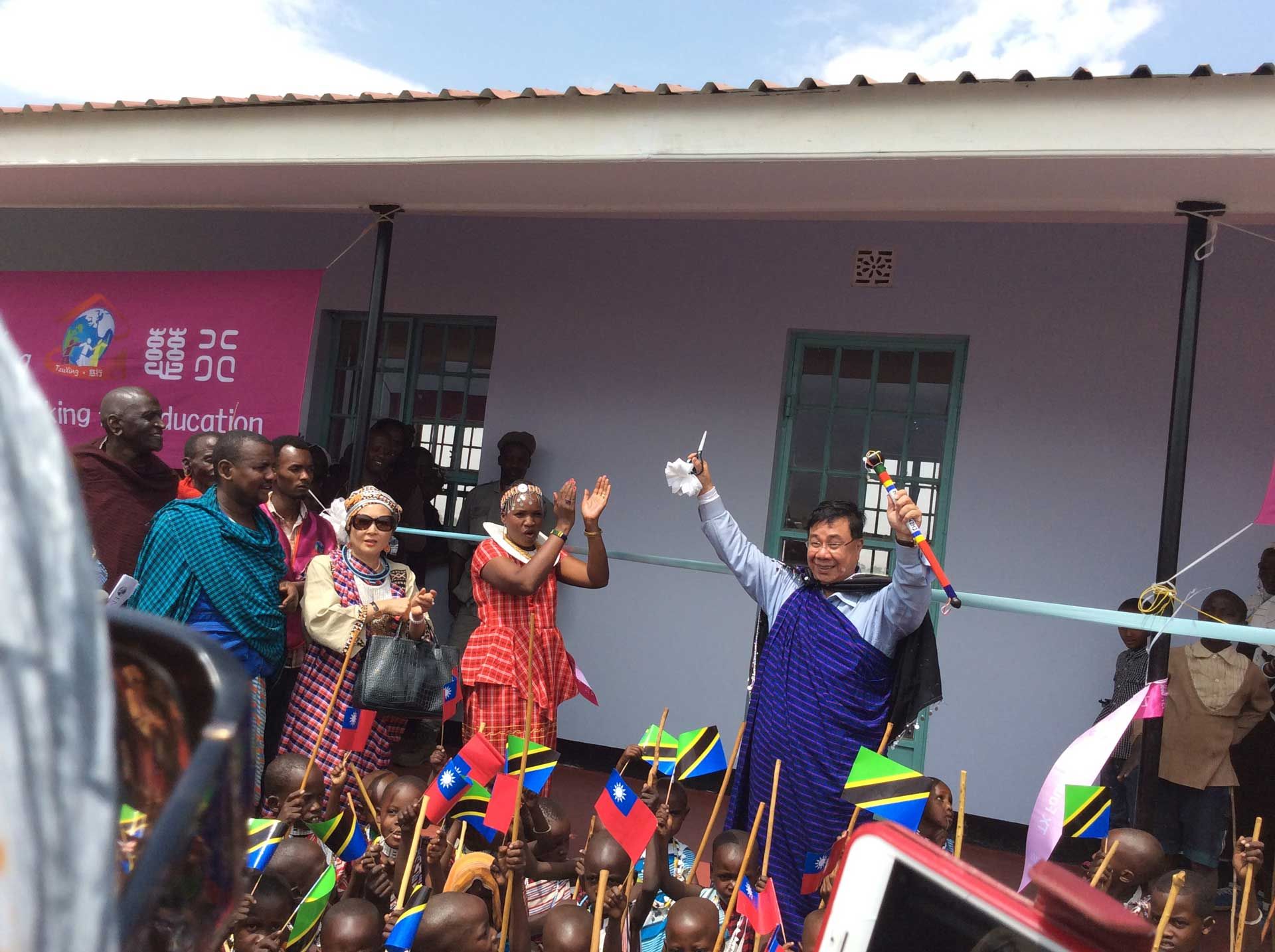

2018
Through its Education Access Program, ENCO started the Engaruka English Medium Pre-Primary School in February 2018. The first class accepted into the school consisted of 48 pre-school students (25 girls & 23 boys). The students were from Engaruka and rural areas of the Monduli District of Arusha, Tanzania. The girls were boarding students and lived in one of the classrooms. Due to the lack of space, boys were day students and lived with relatives or other families near the school.
In 2018, the Maasai Education Foundation (MEF) provided initial funding to start construction of the 7000 square foot dining hall. At the end of 2018, EEMP pre-school students were tested and 25 graduated to 2nd grade, 16 graduated to 1st grade and 9 repeated pre-school.
Additional support for construction, furnishings, student sponsorship and continued operating expenses have been provided by the Maasai Education Foundation (MEF)
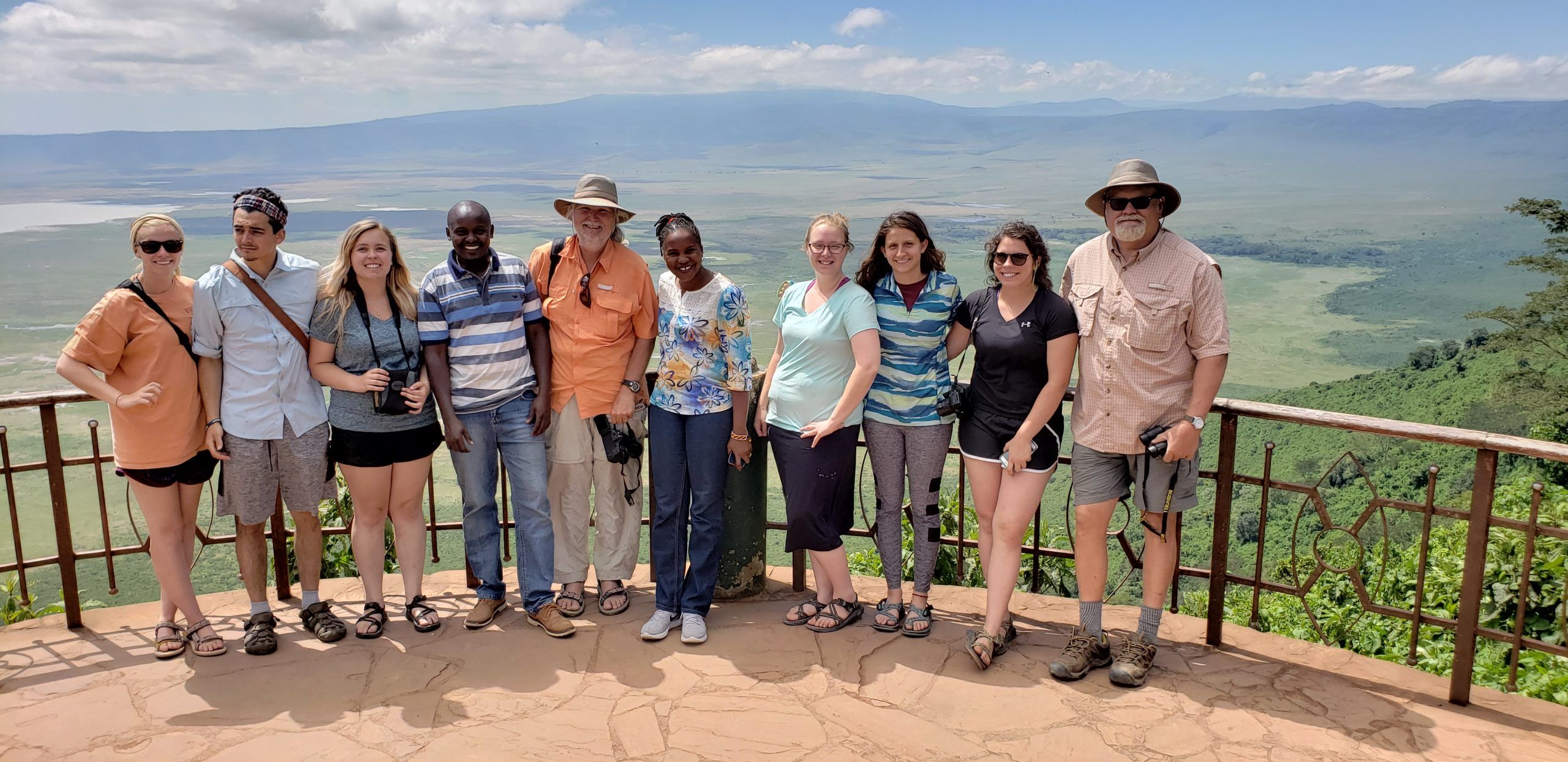
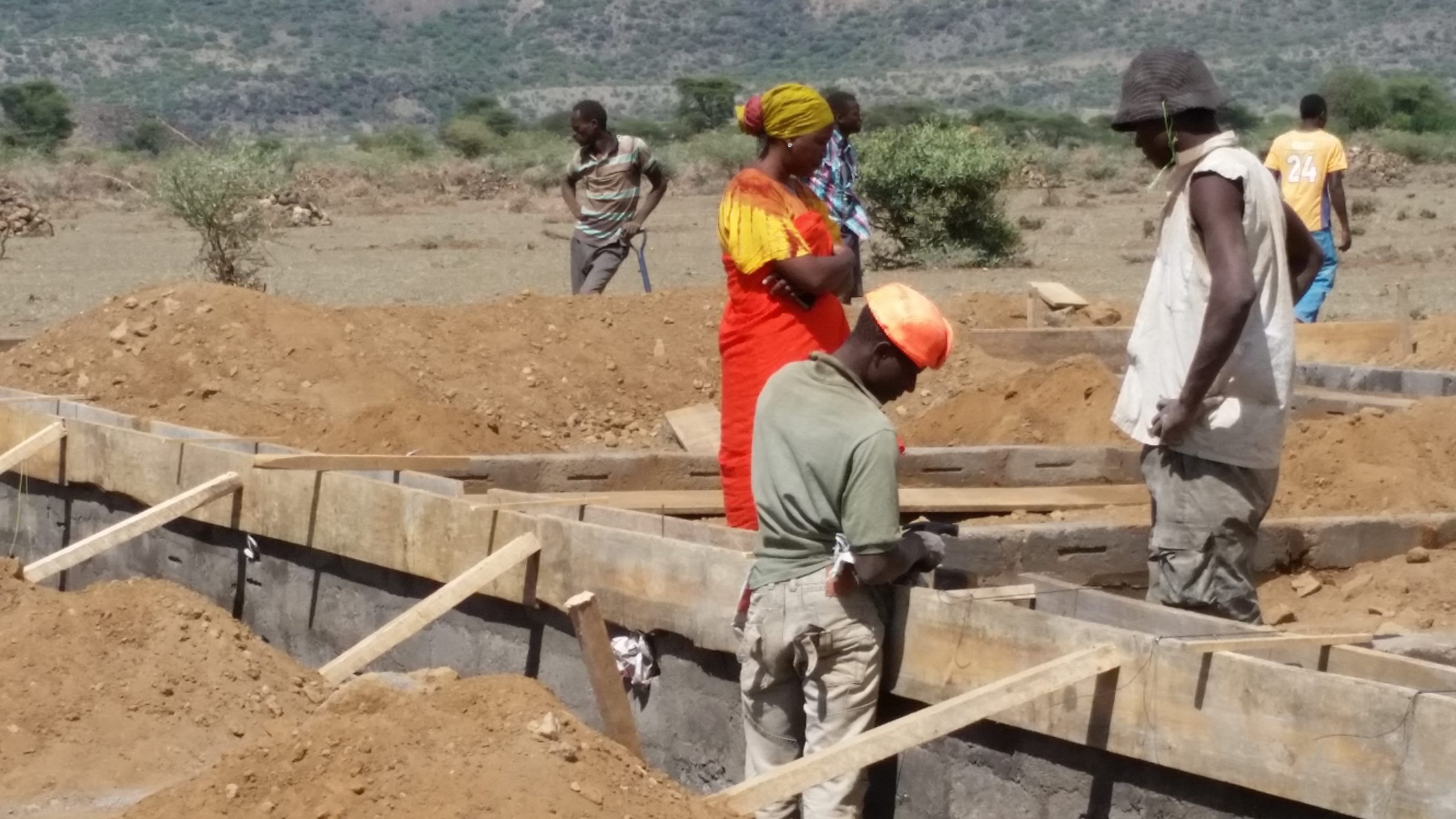
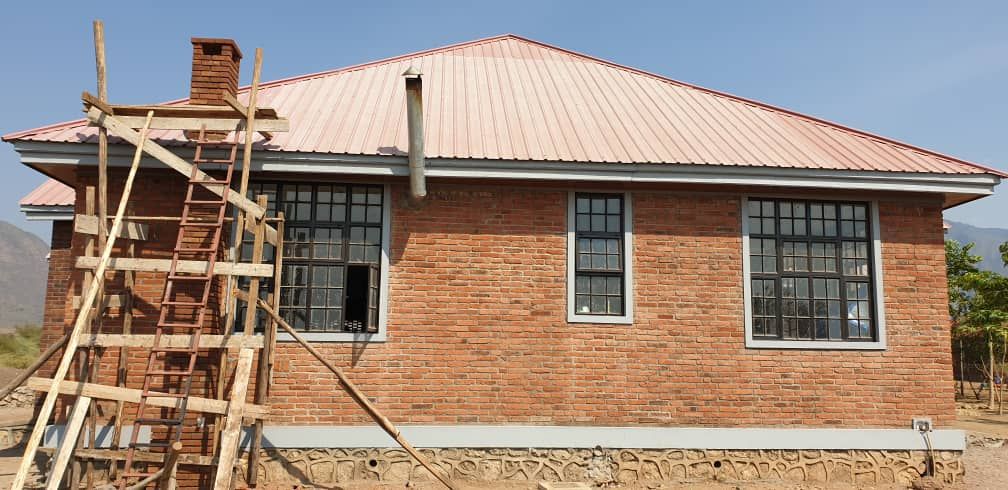
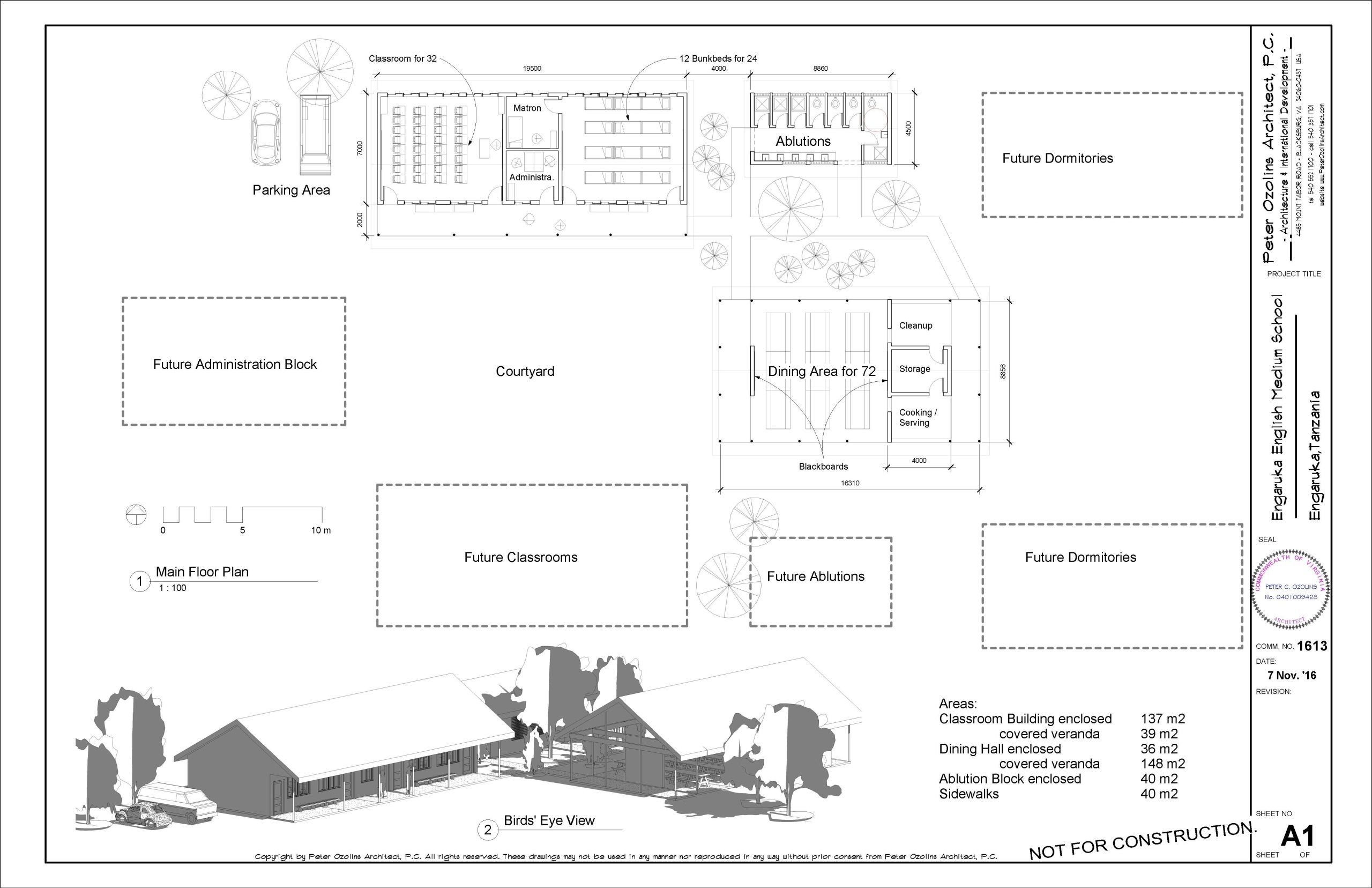
2019
The Maasai Education Foundation (MEF) provided initial funding to start construction of the Phase II classroom building with 5 classrooms and restroom building.
In August, the 1st & 2nd grades were moved to the nearly finished Phase II classroom building. On August 1, 2019, the Phase II classroom & restroom buildings were formally dedicated. The dining hall building was completed and dedicated in 2019. The school’s west entry gate was constructed in mid-summer 2019.
Also in August, Virginia Tech University student members of Service Without Borders (SWB) visited the school and constructed a playground, soccer field and netball court. During the students visit in August, a photovoltaic solar panel power system that SWB had previously donated was connected so that the school had electricity. The system had 10 solar panels and a battery bank and connected to all EEMP School buildings.
A Power Plant building was constructed to house the photovoltaic system and batteries. Additional construction of required buildings, student sponsorship and operation costs has been possible through various donors mainly The Maasai Education Foundation (MEF), Boutique Safari and individual friends
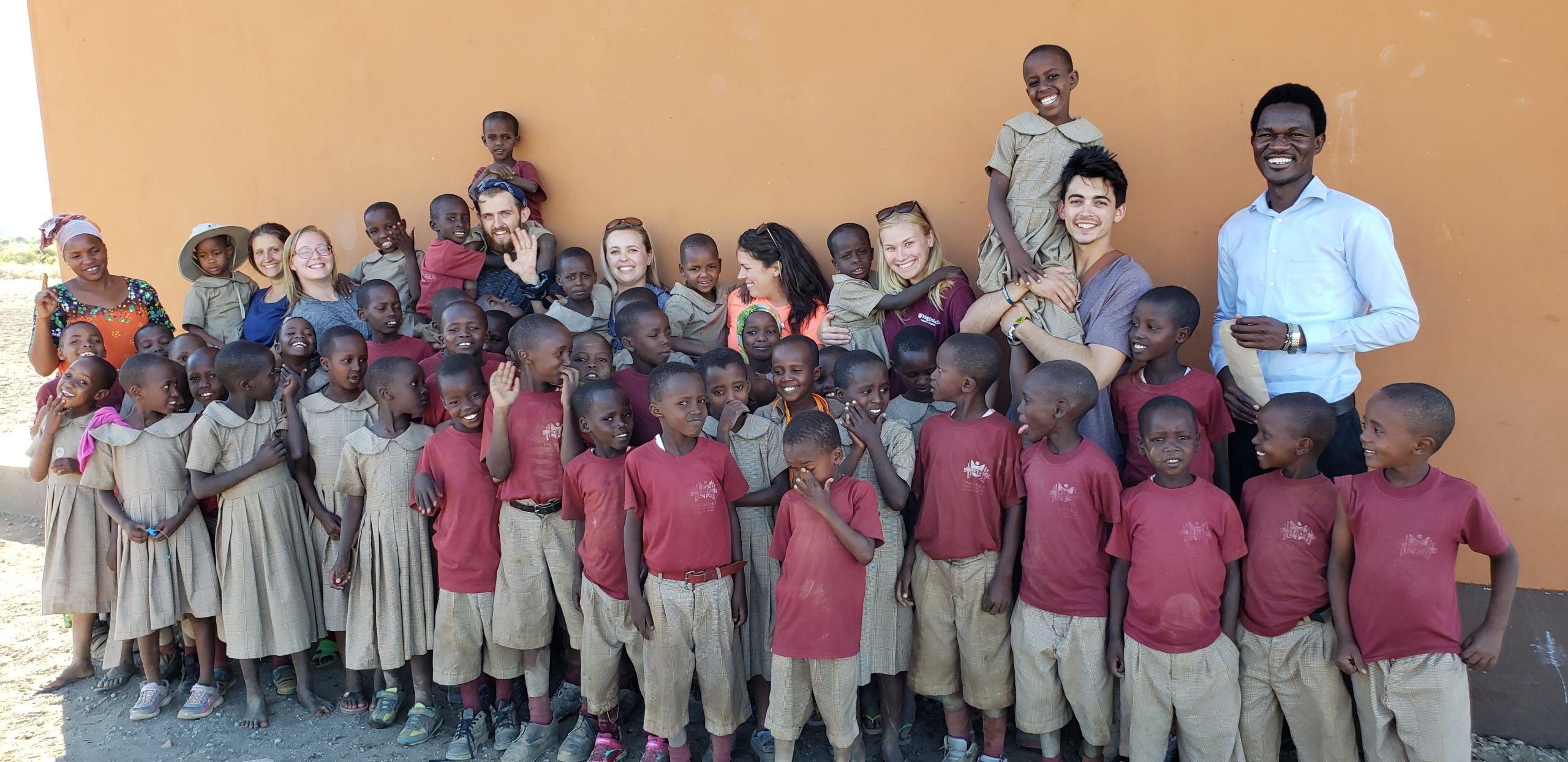
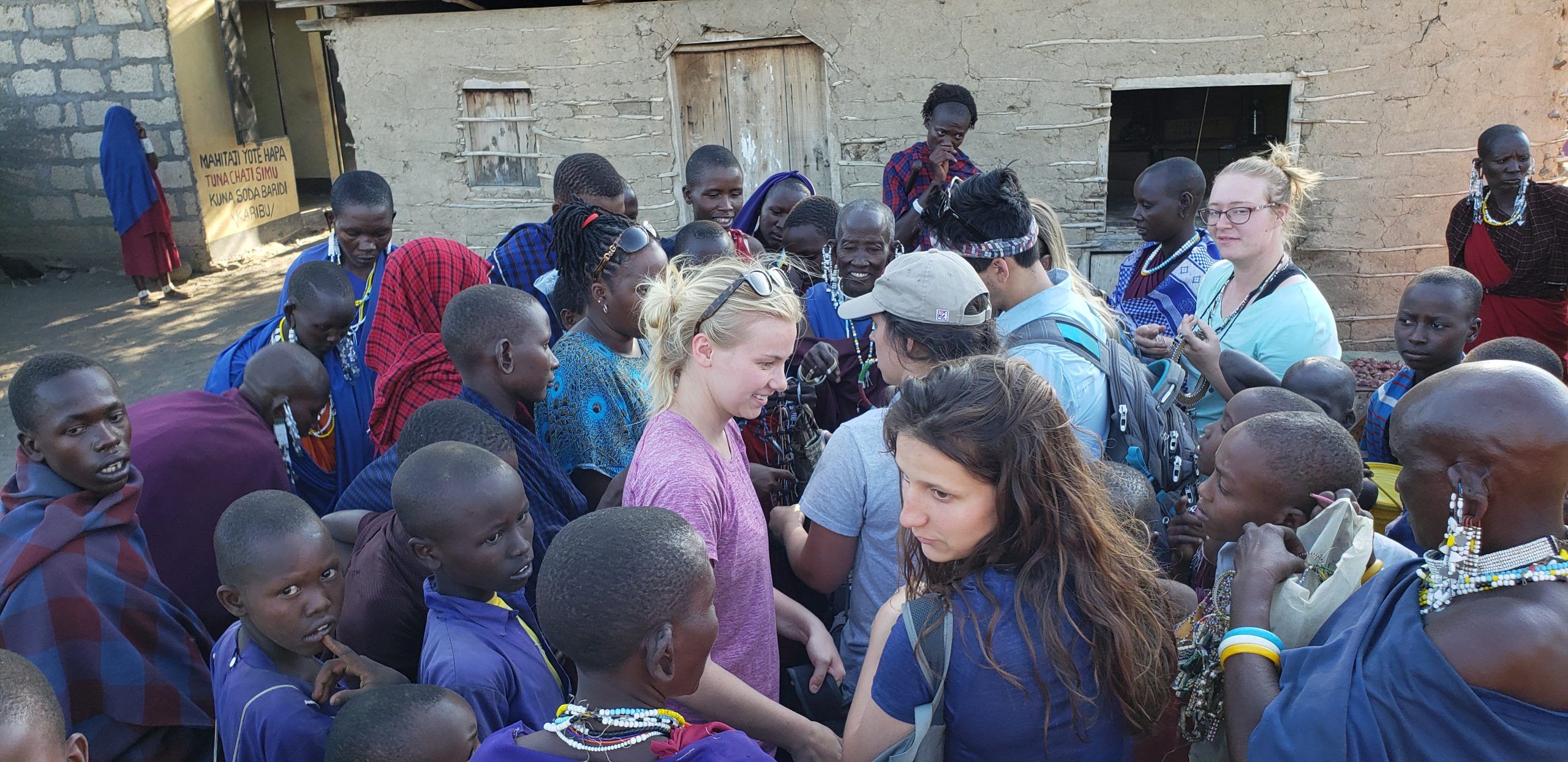


2020 & 2021
Through funding support from the MEF, the construction of the girl’s dormitory begins in December of 2020. The school closed for 3 months due to COVID-19 and then operated continuously after June 29, 2020. Approximately 110 students attended EEMP School with 38 in pre-school, 30 in 1st grade, 17 in 2nd grade and 25 in 3rd grade. All the students were boarded at the school in classrooms.
39 goats & sheep that were donated by parents of students were sold to help support the school.
The school received a grant from the Virginia Tech Service Without Borders (SWB) student organization to start a computer lab and provide satellite TV at the school for distance learning via the schools’ cellular modem. The Virginia Tech students will use the computer lab to start a reading/English language program with the EEMP students. Initial plans & budgets are created and surveyed for a new water pipeline to be installed for school water supply.
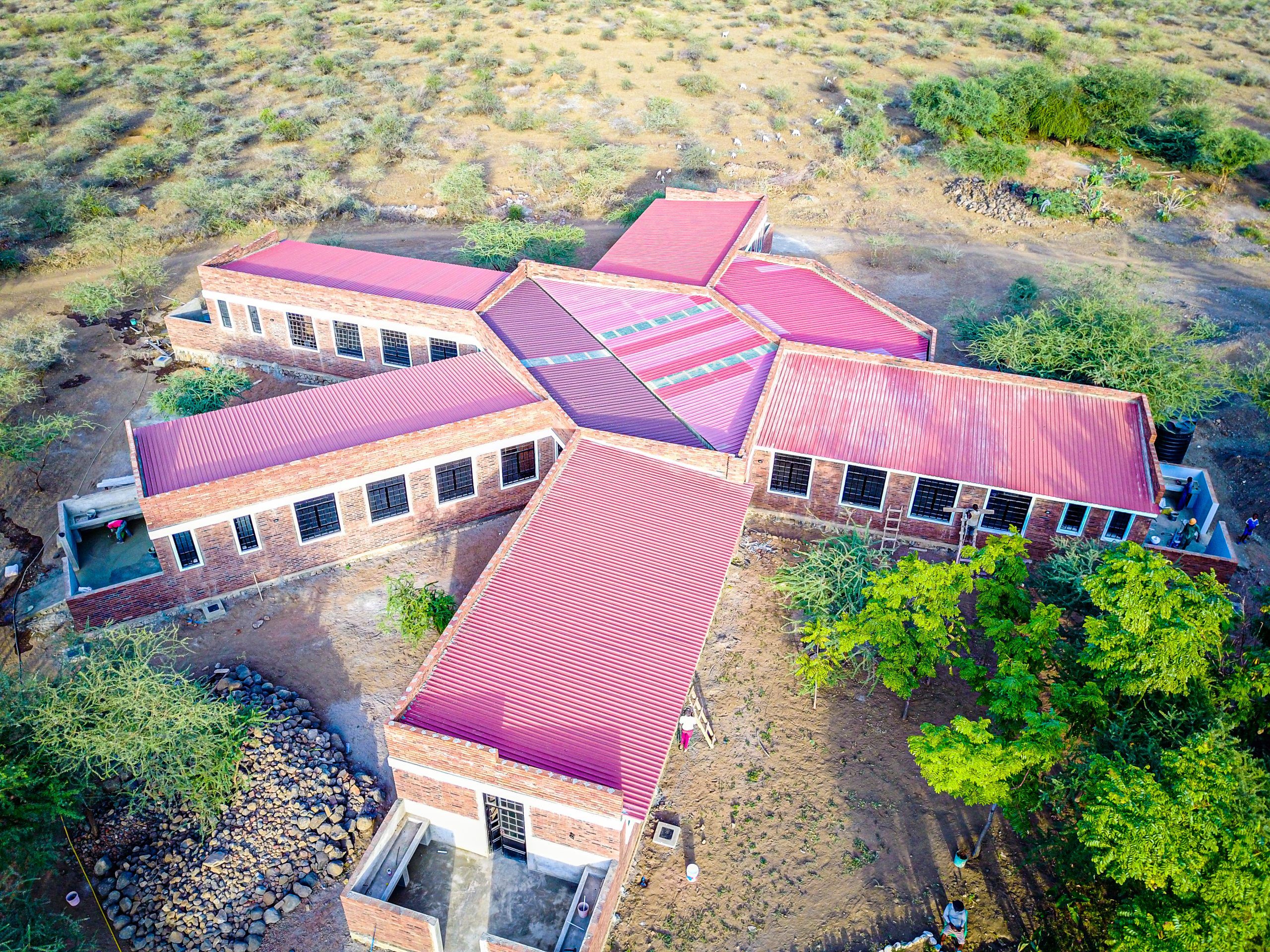
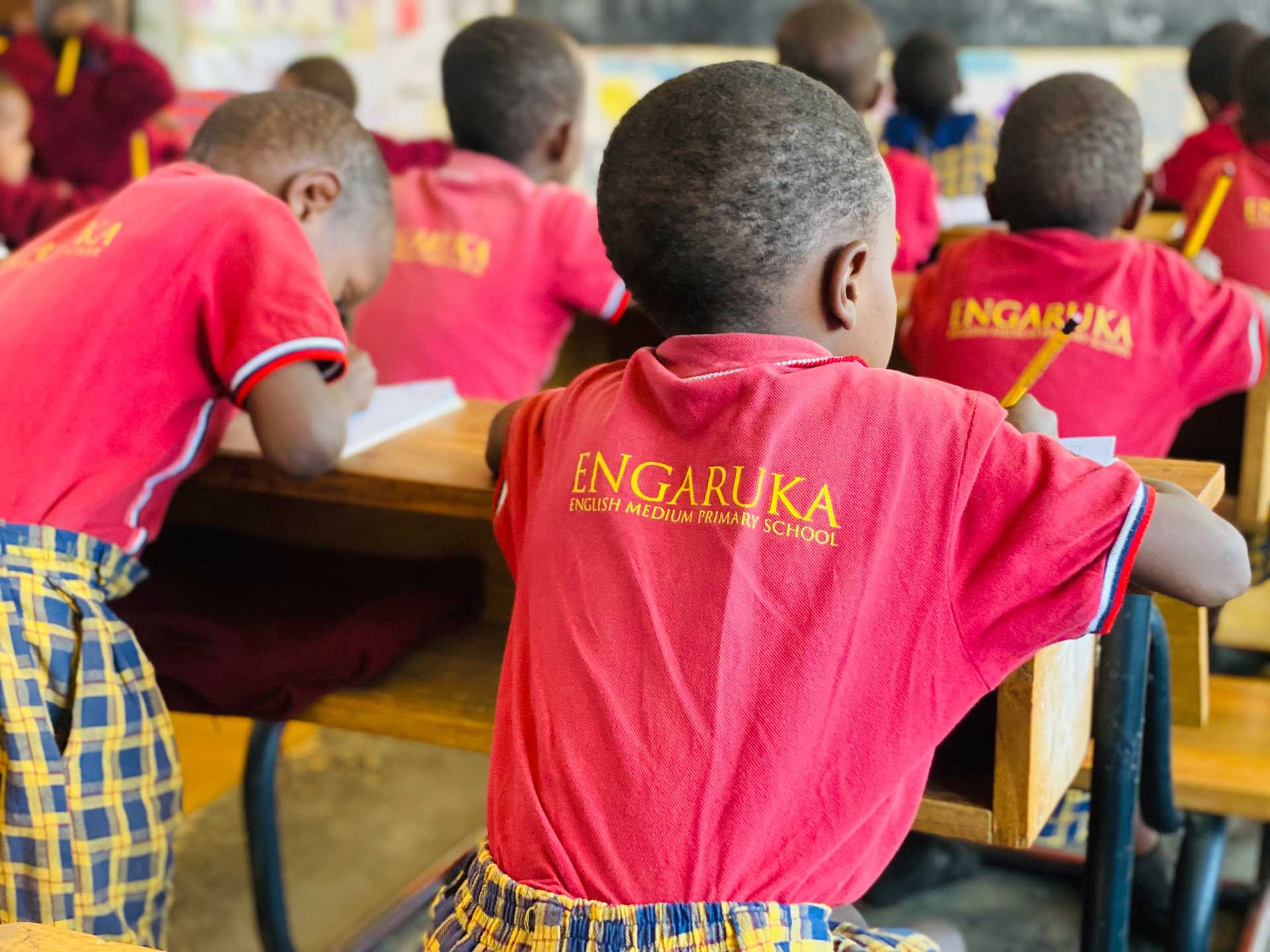
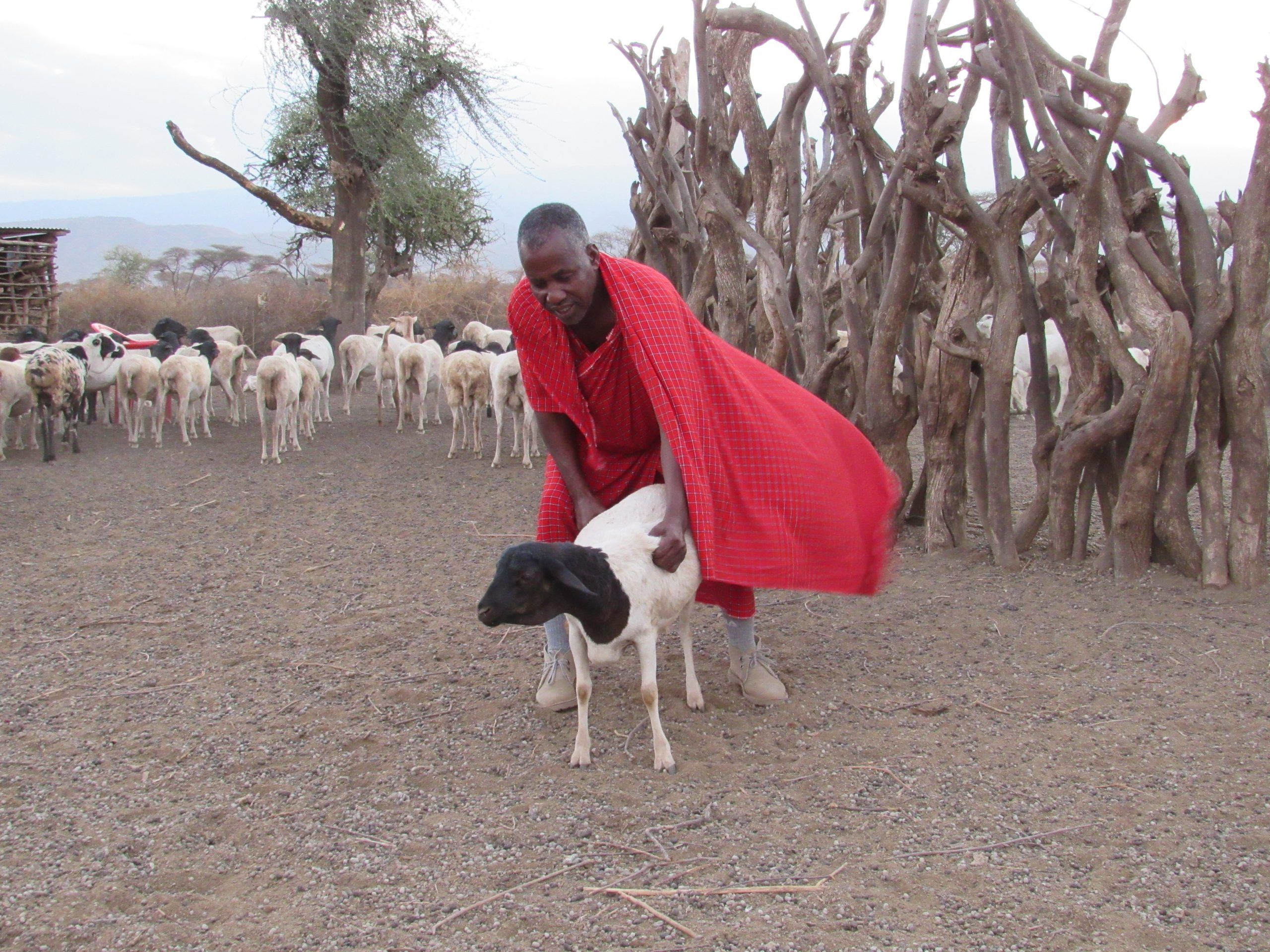
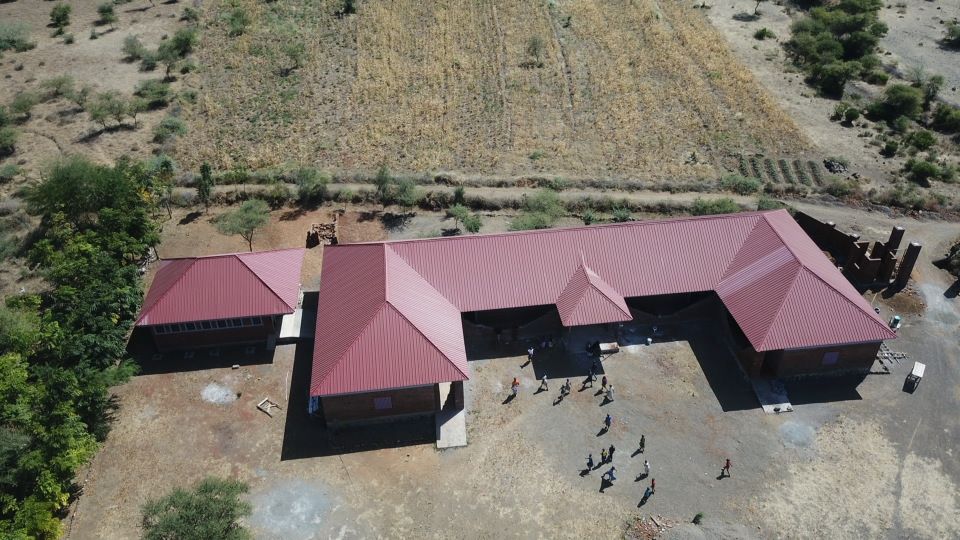
2022 – 2023 – Up to date
The girl’s dormitory is completed and will house 120 students and a matron. I was dedicated in late May 2022 with many dignitaries, MEF members, students & parents attending the ceremonies.
In September & October, a new water pipeline was installed with the approval of the district to provide greater flow and pressure for the school and its growing needs. The 2.5-mile pipeline trench was hand dug by local laborers with overall design & construction supervised by Abby Olemisiko. Future buildings and utility corridors are conceptually reviewed and laid out on site. Site plans are generated for the school property to plan for future growth and needs.
Additional landscape work, gardens and pathways were laid out for installation around the existing school buildings.
2023 – UP to Date
Pathways with raised rock borders were constructed to define landscape and pathway spaces with landscape work and plantings added around existing school buildings. Land just to the east (behind) the TX Classroom was cleared and prepared for a large vegetable & fruit garden. A hand washing trough was constructed between the bathroom building and the dining hall. Additional adjoining land was purchased by ENCO to the west of the existing school which was cleared with the help of the Virginia Tech SWB student group and the MEF members visiting the school in May. A section of the new area was prepared, and many holes were dug for the future planting of Avocado trees by the groups. Additional laptop computers were donated and brought to the school by the VT Service Without Borders group so that more students and classes could gain access to the computers for various learning programs and studies.
Also in May, the SWB and MEF members helped to add soil amendments and install a drip irrigation system for the new vegetable garden. Additional funding by FIMI provided monies for more fruit trees to be planted around the school. In July 2023, MEF Board members and others visited the school to review the completed projects, meet with teachers, staff & students and learn more about the school and its future development plans.
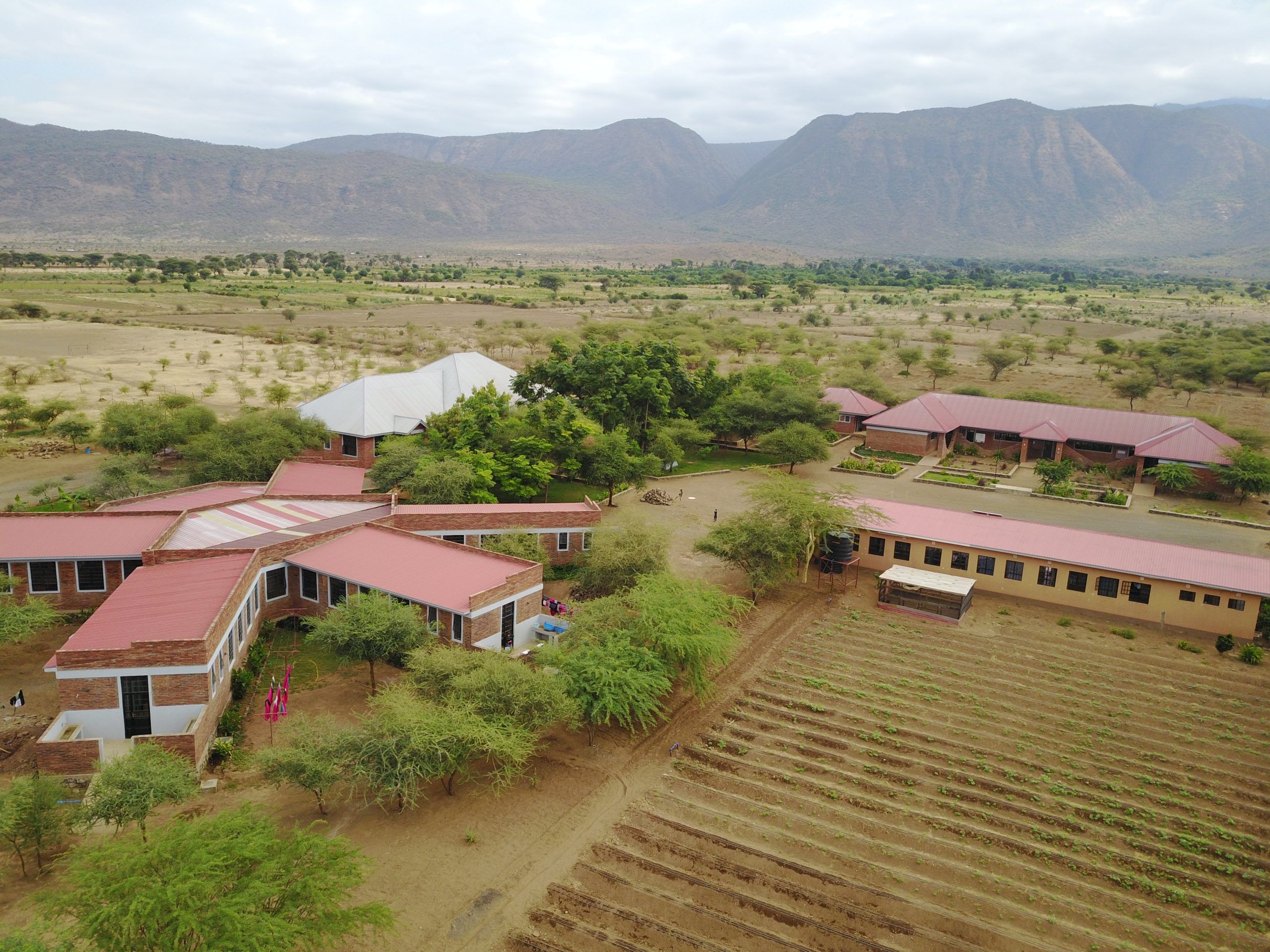
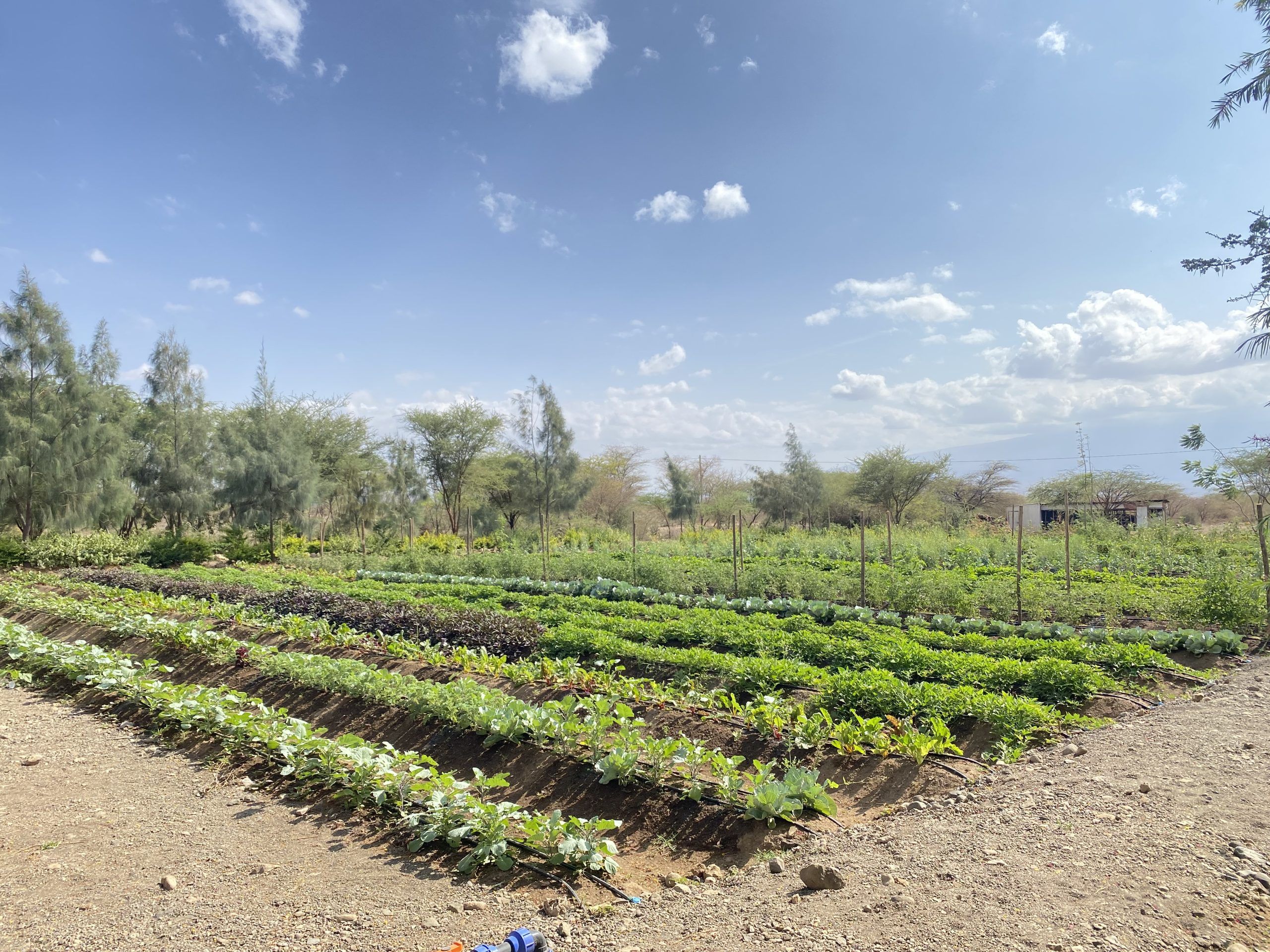
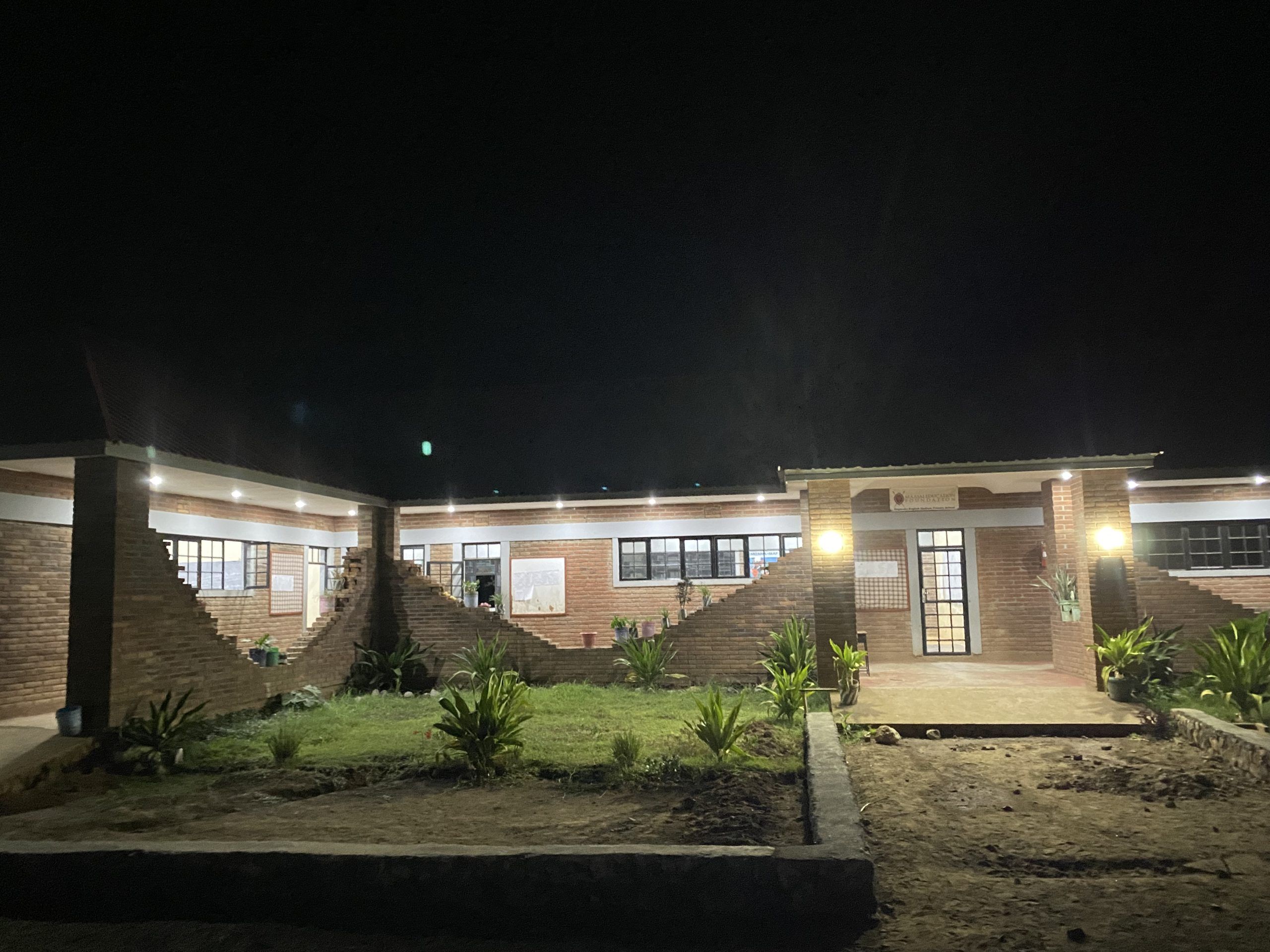
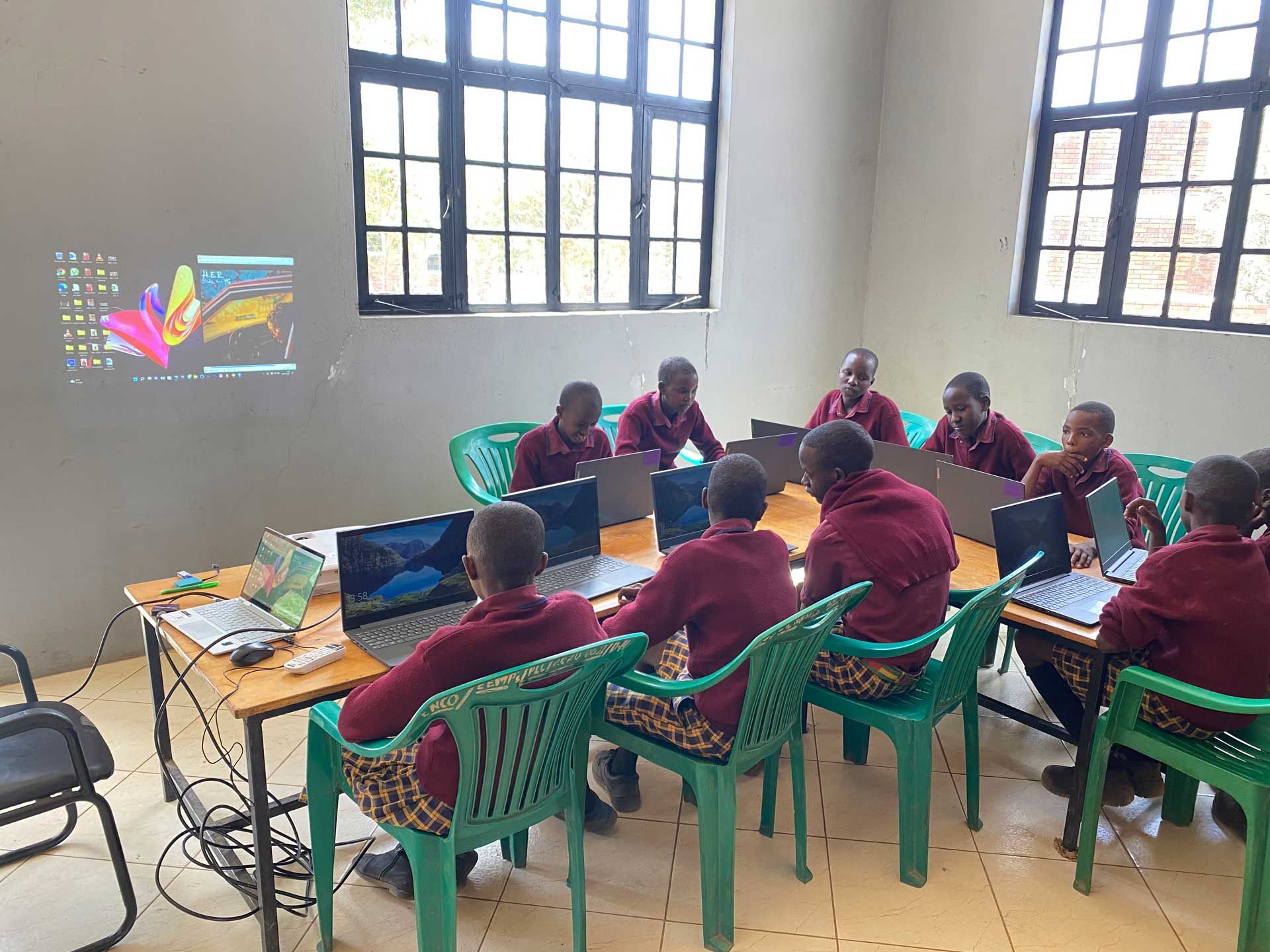
Adult Literacy Project
Literacy is a life transformation process especially for women in the developing countries like Tanzania. Helping adults gain literacy skills helps reduce poverty, improve public health, and advance human rights around the world. Maasai women have shown the need to continue fighting for the better economic opportunities, they are fast learning and properly applying the knowledge acquired. ENCO as a growing organization, more economic women groups are becoming active members of it. Less than 15% of all these members can read and write. Few years back through EEMPS school two years adult literacy lessons were conducted for two women groups using the school facilities and staffs/teachers. Due to increase demand of this program and limited resources the lesson ceased to date. ENCO strive to solicit funds to resume this program for more members.